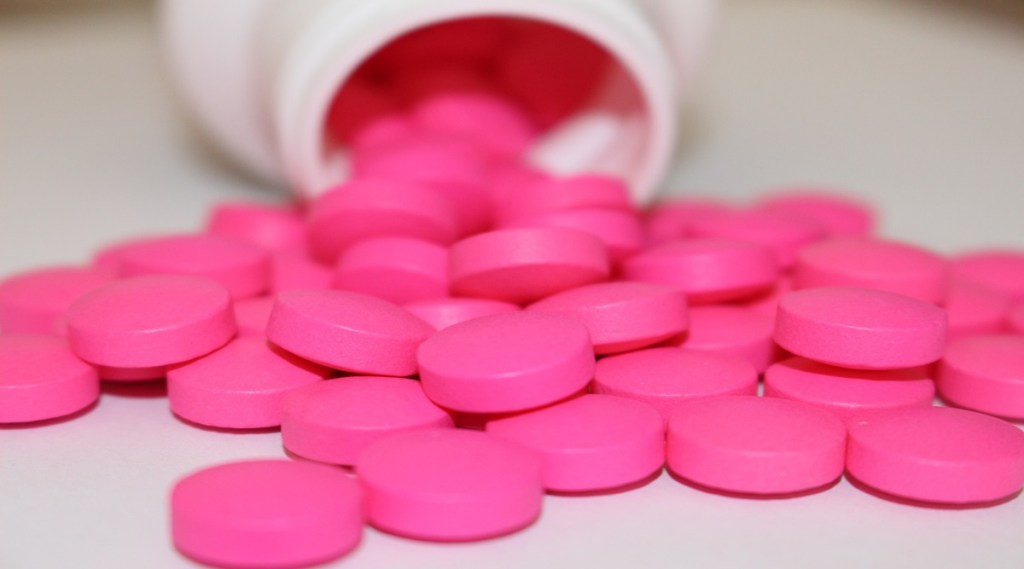By Padma Shri Dr Chandrakant S Pandav
The Indian pharmaceutical industry’s progression to the next level hinges on the aspect of quality. In recent decades, India’s pharma sector has made significant strides. Amid the COVID-19 pandemic, the industry demonstrated commendable commitment by upholding the supply of quality medicines and vaccines to over 150 nations, not only within India. Over time, the industry has established an impressive production capacity, with substantial economies of scale enabling the production of high volumes of quality drugs at lower costs compared to global manufacturing counterparts. This dynamic has positioned India as a prominent exporter of generic medications and vaccines. Presently, the industry claims a noteworthy 10% share in global production and 2.4% in terms of global value, firmly establishing its international presence.
While production volume holds significance, quality stands as a pivotal prerequisite for instilling patient trust, particularly in life-saving pharmaceuticals. For an industry dedicated to preserving lives, maintaining a rigorous standard of quality is paramount to upholding the promises of dependability and efficacy. Gaining recognition as the “Pharmacy of The World,” India must further enhance its reputation. As a nation, it should be implicit that drugs originating from India either meet or surpass global quality benchmarks. To achieve this, adopting a zero-tolerance stance and implementing stringent measures against counterfeit and substandard drugs is imperative. Upholding quality assurance and control should rank as the top priority for all pharmaceutical entities, irrespective of size, to ensure that the medications produced and distributed yield the intended outcomes in treating diseases, safeguarding the interests of patients at all costs.
Ensuring Public Safety
The ultimate objective of any pharmaceutical manufacturer is to create products that ensure public safety. A properly manufactured medication possesses the potential to significantly enhance individuals’ lives. The production of quality products bears a profound impact on societal health and well-being. Conversely, inadequate quality assurance can transform medications meant to save lives into potential threats, causing irreparable harm. Every team member involved in pharmaceutical quality assurance must consistently keep the well-being of the medication recipient in mind. To meet this objective, rigorous quality control measures are indispensable. This encompasses comprehensive employee training, continual enhancement of quality management systems, minimizing deviations, meticulous documentation, conducting internal audits, and periodic management evaluations.
As the Indian pharma sector continues to expand, it must ensure the robust protection of patient and consumer interests. Quality within the pharmaceutical industry isn’t an endpoint but rather an ongoing journey. The industry should also explore means to contribute back to society, making healthcare more accessible and reducing costs for consumers and patients. Addressing quality concerns holistically is essential from a public health perspective and to maintain India’s global dominance in drug manufacturing. Upholding a zero-tolerance stance against subpar quality is crucial for India to sustain its reputation as the “Pharmacy of The World.”
Countering the Threat of Counterfeits
Despite boasting the highest number of USFDA-approved pharma plants outside of the US and a substantial count of EU/Japan/Australia FDA-approved plants ensuring quality products, India confronts the persistent menace of counterfeit drugs. Approximately 10% of the medicines sold in India are counterfeit. Employing technology to neutralize this threat is imperative. The government’s mandate to include a Quick Response (QR) code on the packaging label of the top 300 drug formulations presents an effective tool to combat counterfeit drugs by tracking their journey from production to the patient. The QR code contains data about unique product identification, proper and generic drug names, brand identity, manufacturer details, batch numbers, manufacturing and expiry dates, and licensing information. This single tool possesses the potential to substantially enhance drug and vaccine quality assurance. Each manufacturer must substantiate their adherence to relevant regulations. A robust, meticulously documented quality assurance system assists drug manufacturers in proving their regulatory compliance, addressing not only intentional misconduct but also issues stemming from flawed workflows, human error, or inadequate collaboration. Prioritizing quality assurance inherently involves examining each of these factors. Scrutinizing workflows is essential for ensuring quality, and heightened training in good manufacturing practices can mitigate human error.
The path forward
The government is resolutely committed to aiding the industry’s expansion into untapped markets. The pharma sector should endeavor to enter new markets, particularly in Africa where affordability remains a central concern—something Indian pharma companies can address. The government is actively working towards maintaining uniform quality within the pharmaceutical sector, ensuring consistent quality and effectiveness in Indian pharmaceutical products.
Pharmaceutical products constitute 8% of India’s total merchandise exports and 2% of its GDP. Safeguarding India’s image as a dependable supplier of drugs and vaccines remains pivotal for the pharma industry. As India strives to enhance exports through specific strategies for commodities and territories, the pharma industry assumes a significant role in realizing this goal. Quality will serve as the core around which pharma exports revolve, as India pursues the vision of an “Atmanirbhar Bharat” (Self-Reliant India). An attitude of determination and collaboration among all stakeholders will guarantee the top-notch quality of India’s pharmaceutical products. India should aspire to become ‘Vishwa Guru’.
(The author is a Former Professor & Head of the Department – Centre for Community Medicine at the All India Institute of Medical Sciences, New Delhi. Views expressed are personal and do not reflect the official position or policy of the FinancialExpress.com.)







